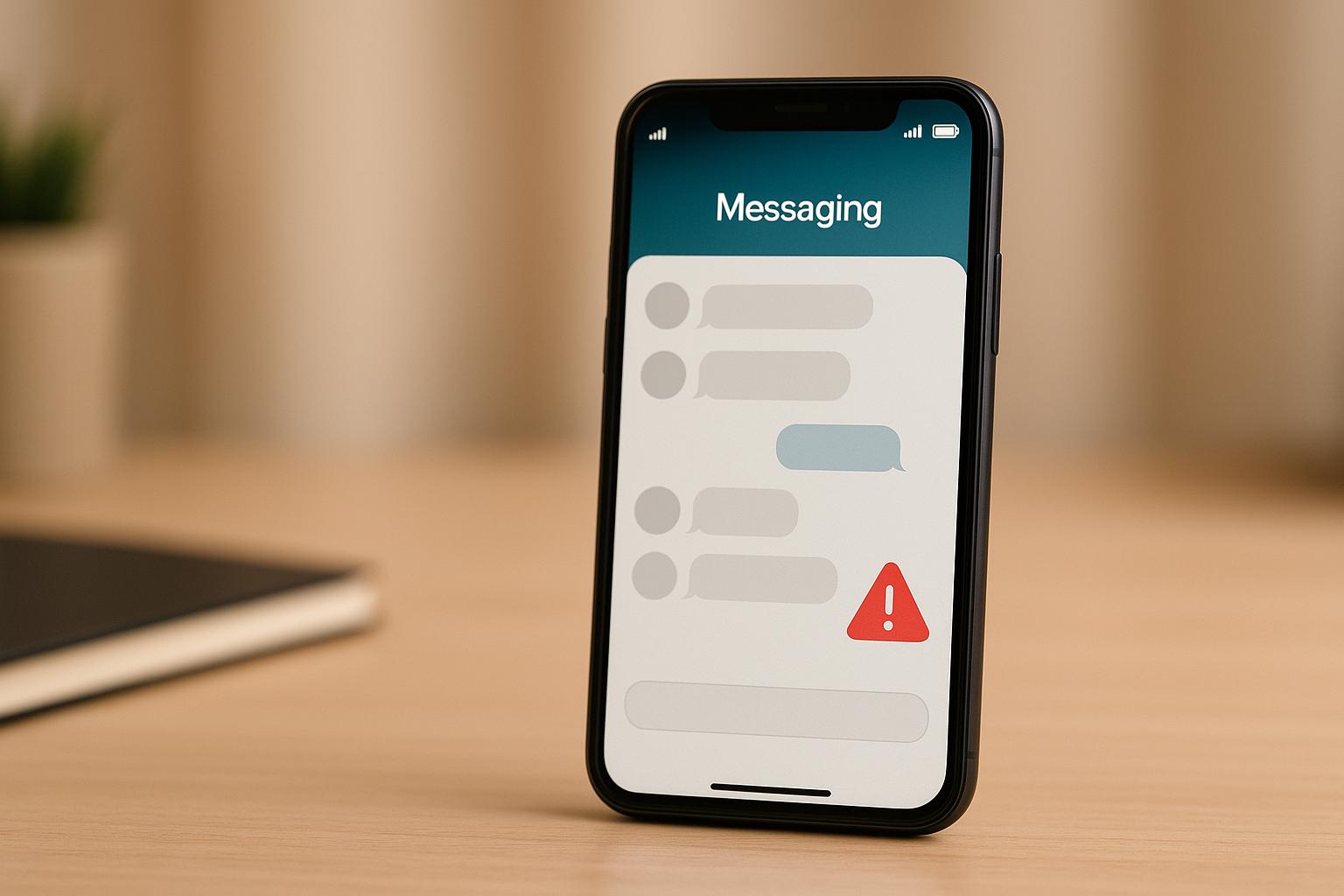
FTC Files Complaint Against Messaging App for Violating Child Privacy Laws
The Federal Trade Commission (FTC) has taken legal action against the operator of Sendit, an anonymous messaging app, alleging violations of child privacy laws and deceptive subscription practices. The complaint, filed by the Department of Justice, accuses Hunter Rice, CEO of Iconic Hearts Holdings, Inc., the app's parent company, of breaching federal regulations designed to protect children online.
Alleged Violations of Child Privacy Laws
According to the FTC, Sendit illegally collected personal information from children under the age of 13, including their phone numbers, birthdates, photos, and usernames for platforms such as Snapchat, Instagram, and TikTok. The agency claims that the app failed to notify parents about this data collection and did not obtain their verifiable consent, as required under the Children’s Online Privacy Protection Rule (COPPA).
"Sendit’s operator and CEO were well aware that many of its users were under the age of 13 and still failed to comply with COPPA", stated Christopher Mufarrige, Director of the FTC’s Bureau of Consumer Protection, in a prepared statement.
The FTC also noted that more than 116,000 users self-reported being under the age of 13 in 2022. Additionally, the agency alleges Iconic Hearts was aware of users’ ages due to complaints received from parents.
Deceptive Subscription Tactics
Beyond privacy violations, the FTC accused Sendit of employing deceptive tactics to pressure users, including children, into purchasing a premium "Diamond Membership" subscription costing up to $9.99 per week. The app allegedly sent fake messages such as "have you done drugs" or "would you ever get with me?" to entice users to pay for access to the identities of message senders.
Instead of revealing the promised information, Sendit allegedly provided users with misleading or incomplete details, such as the sender's location or phone type. In cases where the sender was real, the app did not disclose their identity as advertised.
"At the same time, they manipulated many users, including children, into signing up for their weekly subscription service by sending fake messages and promising to reveal the identity of message senders but failing to deliver", Mufarrige added.
These practices reportedly violate not only COPPA but also the FTC Act and the Restore Online Shoppers’ Confidence Act (ROSCA).
Legal Action and Company Response
The civil complaint, which outlines these allegations, was filed in federal court. A spokesperson for Iconic Hearts Holdings has not yet responded to requests for comment.
The FTC’s actions highlight ongoing efforts to enforce strict compliance with child privacy laws and crack down on manipulative tactics in the digital space. No further details about potential penalties or resolutions have been disclosed at this time.